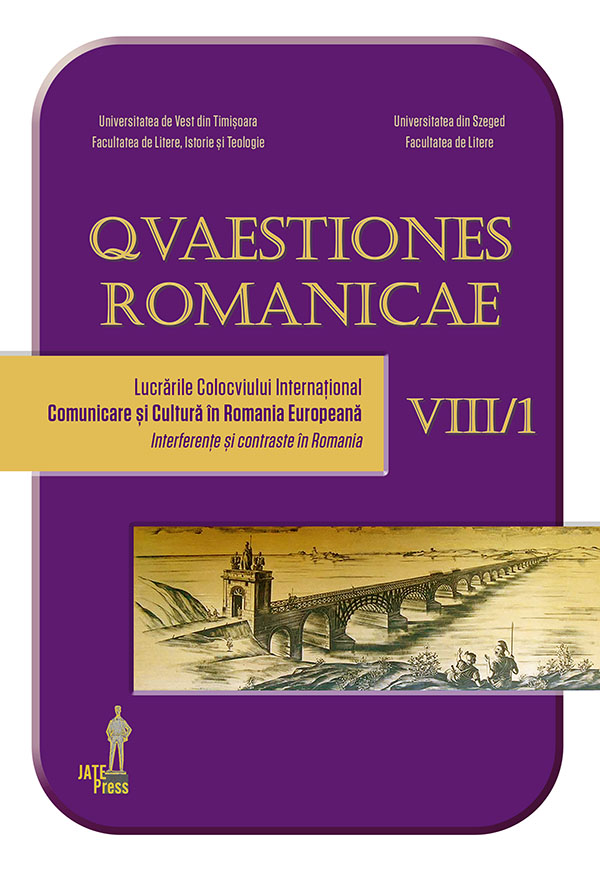Bibliotecile în regimuri totalitare
Abstract: (The Libraries in Totalitarian Regimes) In the 20th century, the majority of the European countries had totalitarian or authoritarian regimes. In every case (fascism, Nazism or communism), libraries had a lot to suffer: they were used as centers of ideological indoctrination and many collections war dismantled. The interference, in the case of the institutions part of the information system, lies in the similarities between the totalitarian regimes that operated with the same means of oppression and used them to impose their ideology. For this reason, we wanted to identify the areas of interference and how they manifested themselves in totalitarian regimes. In this paper we tried to show the similarities between the libraries from the fascist Italy, Nazi Germany, Soviet Union, the former Yugoslavia, Poland, Eastern Germany and Romania. Our research started from a series of articles about libraries from countries ruled by unique, dictatorial political parties. We traced the causes which determined libraries to change their mission, to adapt and to reorganize their work to the new political conditions. The librarians were selected considering their adhesion and loyalty to the political power. The new rules imposed to the libraries created even new library terms, not officially acknowledged, such as Giftshrank, Spetshran, Fond Secret, still used nowadays.
Keywords: libraries, censorship, Secret Fond, totalitarian regimes.
Rezumat: În secolul al XX-lea, majoritatea statelor europene au avut, în perioade diferite, parte de guverne autoritare, conduceri despotice, totalitare. În toate cazurile, indiferent că a fost vorba despre fascism, nazism sau comunism, instituţiile bibliotecare au avut de suferit. Mai mult decât atât, colecţiile bibliotecilor au fost distruse în bună parte, iar bibliotecile utilizate ca centre de îndoctrinare. Interferenţele, în cazul instituţiilor parte a sistemului infodocumentar, rezidă din similarităţile existente între regimurile totalitare care au operat cu aceleaşi mijloace de oprimare şi le-au folosit pentru a-şi impune ideologia. Din acest motiv, am dorit să identificăm zonele de interferenţă şi modul în care acestea s-au manifestat în regimurile totalitare. Abordarea acestei teme nu este una extinsă, ci urmăreşte doar să structureze câteva dintre punctele comune bibliotecilor din Italia fascistă, Germania nazistă, din Uniunea Sovietică, fosta Iugoslavie, Polonia, Republica Democrată Germania şi România. Cercetarea noastră porneşte de la câteva articole despre bibliotecile aflate în state dominate de partide unice, dictatoriale. Am urmărit cauzele care au dus la schimbarea misiunii bibliotecilor şi modul în care ele au fost obligate să se readapteze şi să îşi reorganizeze activitatea. De asemenea, angajaţii bibliotecilor, în fiecare dintre regimurile amintite, au fost selectaţi în funcţie de loialitatea şi adeziunea faţă de partid. Măsurile impuse bibliotecilor au creat şi noi termeni care au circulat şi s-au păstrat şi astăzi, chiar dacă nu erau oficial recunoscuţi: Giftshrank, Spetshran, Fond Secret.
Cuvinte-cheie: biblioteci, cenzură, Fond Secret, regimuri totalitare.
